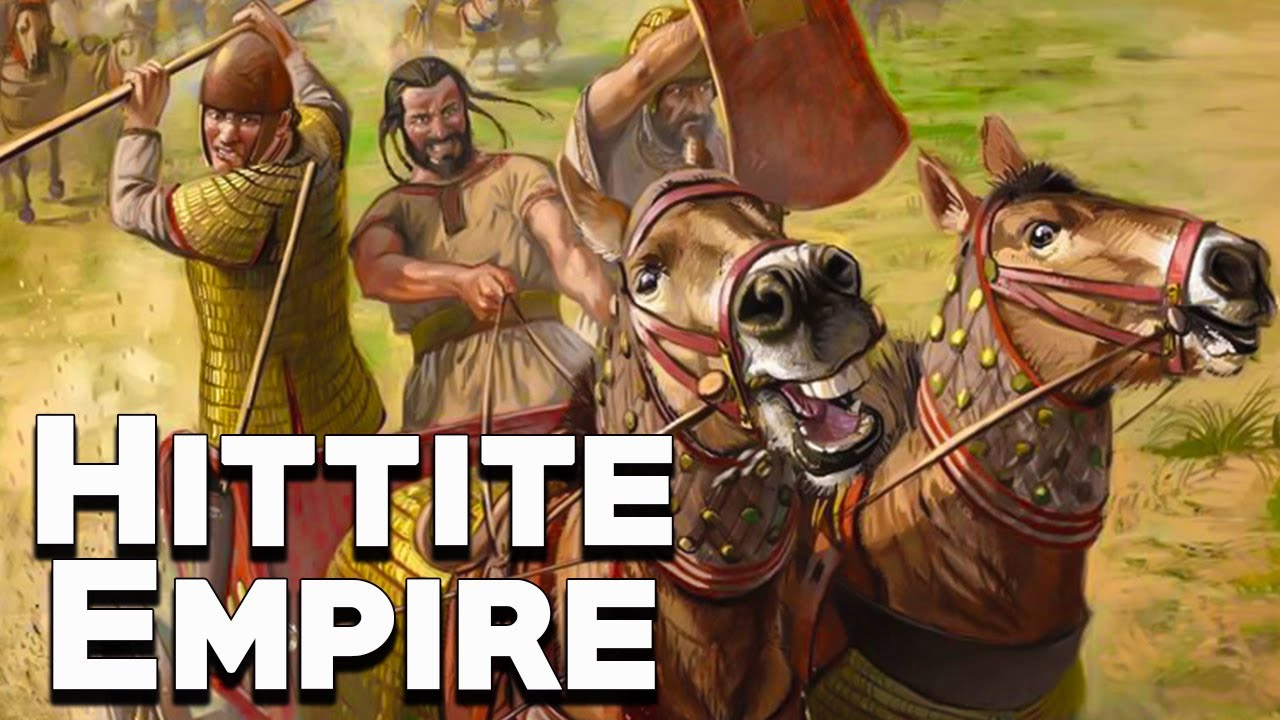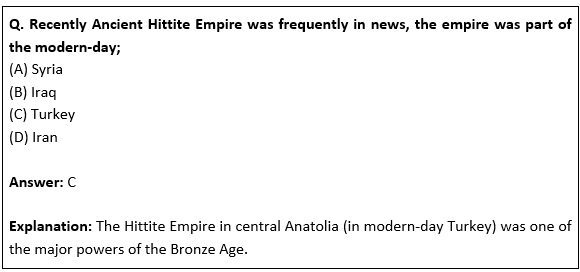Free Courses Sale ends Soon, Get It Now


Free Courses Sale ends Soon, Get It Now



Copyright infringement not intended
In News:
Details:
Hittite Empire:

© 2024 iasgyan. All right reserved